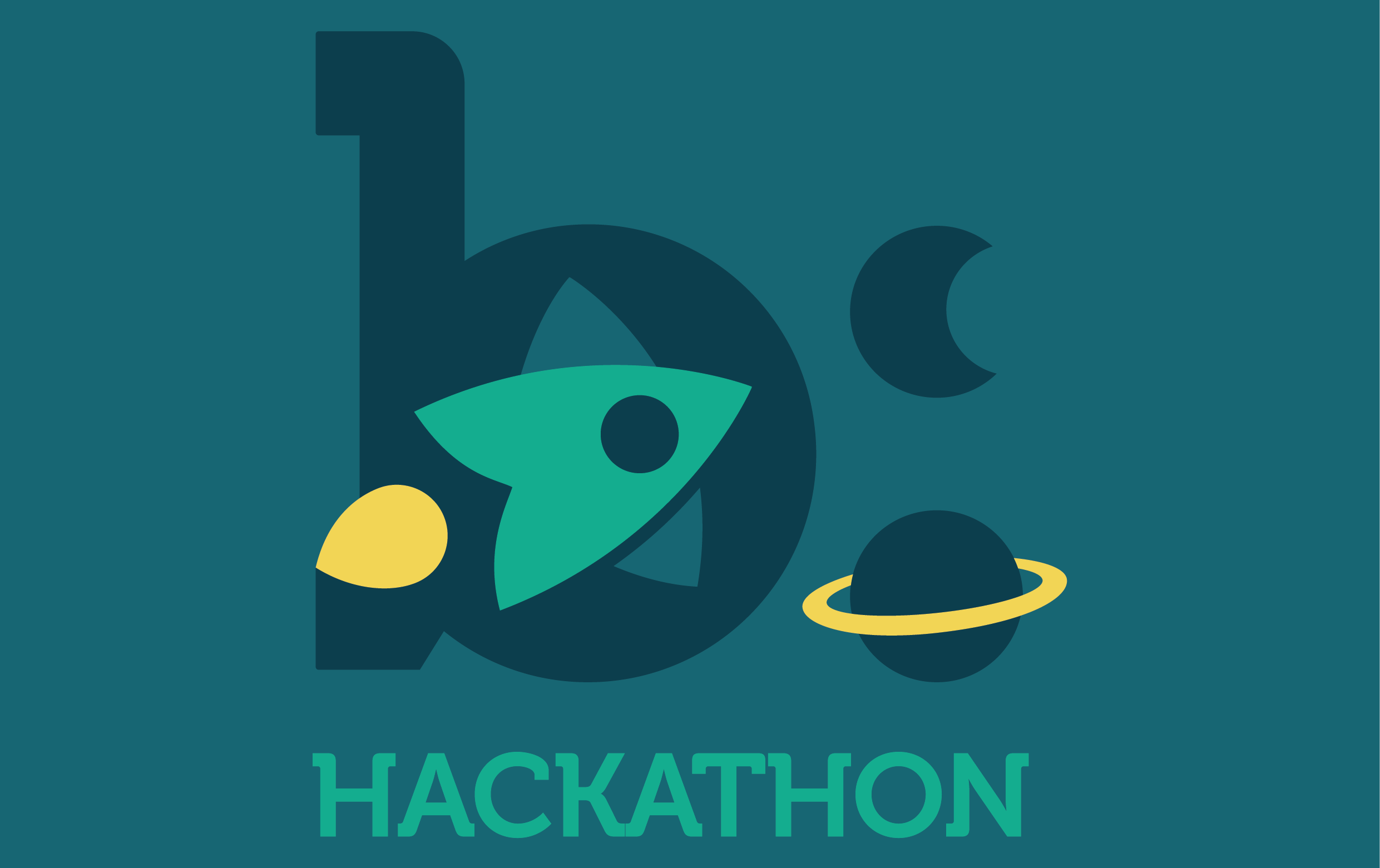May 10, 2017
About six months ago, we shared Why We Hackathon. At Bazaarvoice, we host a company-wide hackathon twice a year, and our next one kicks off this week. My previous post primarily focused on the people and company culture aspects of running a hackathon. In lieu of writing “Synergizing Innovation With Disruptive Hackathons”, this time around I’d like to to share the real value we’ve seen from our hackathons, as well as some ideas on how to realize that value with your own hackathon.
Leveling-up our offerings
If you participate in a hackathon at Bazaarvoice, it is likely that what you create will somehow touch our clients. Many of the products and features we offer today got their start from a hackathon project.
Curations, our social media curation platform, started from one of our public hackathons. Bazaarvoice engineers working with engineers from FeedMagnet, one of the companies invited to participate, created the initial prototype of displaying reviews and social content together. Since then, we’ve put in years of work to build a system that can collect, manage, and display content at tremendous scale, but it all started with that original hackathon project.
Recently, we’ve seen many hackathon projects focused on helping consumers find the perfect product. Most of these took shape as various forms of personalization, like product recommendations, which we’re now offering as a limited-availability product. A different version of this technology is a new capability we’ve been experimenting with called Post Interaction Notification. In short, instead of showing products it thinks someone is interested in, it asks for reviews about products they’ve purchased. You guessed it — also a past hackathon project.
Our successful projects aren’t limited to display-specific projects. Our last hackathon saw projects that used different machine learning technologies to improve our ability to identify relationships across products, shopper profiles, and related consumer-generated content (CGC). For example, one project solved the problem of widely varied product titles and descriptions in our product catalog. If searching for ‘60” Flatscreen TV’, our product matching services would previously only return results that exactly matched those search terms. Now, thanks to the hackathon project, our system understands what 60”, flatscreen, and TV actually mean. It can then find similar, but semantically different, items like “60 inch Flatscreen Television” or “60in. LCD TV”. This capability dramatically improves our personalization and syndication services by finding the same products across thousands of varied product catalogs.
While not every hackathon project grows into a full-fledged solution, they continually temper and sharpen the direction of our offerings and often improve our clients’ CGC programs.
Improving our client experience
Projects of this variety range from seemingly simple improvements to complex, long term initiatives. One project adored by both our clients and employees (we use these tools too!) was the ability to hop between different client accounts available to the logged-in user in the administration portal; simple, but a big time and frustration saver.
Speaking of administration tools, we’ve been building a new platform to build and deliver consistent tooling across our capabilities. Many of the last hackathon’s projects focused on providing actionable insight into the health of implemented Bazaarvoice capabilities on client’s websites, as well as supporting aspects like product-catalog imports and email-based review solicitation. These projects have shaped the solutions we’re building to proactively communicate the technical health of a client’s CGC program.

How we hackathon
Normally, you’ll read “just give people pizza, beer, and games for a few days” as the recipe for a successful hackathon. In my opinion, those things are fantastic additions to any hackathon. However, it’s the people that make a hackathon great. To create success, empower people to find creative solutions to real problems.
We treat product development as a company-wide exercise. Having this sort of inclusive culture means individuals building, supporting,marketing, and selling our solutions are actively involved with client feedback, product feedback, and market opportunity across all of our functions. Providing a few days to create solutions to the problems seen over past months unleashes incredible ideas and creativity.
Secondly, this isn’t a top-down driven event. We involve a handful of hackathon participants and their peers to help plan and execute our hackathons. They make sure every activity, piece of swag, and communication is planned and ready to grow and sustain a big list of happy attendees. After all, the primary focus of the event to create space and time to be creative, have fun, and build stronger relationships.
Logistically, we made a change last hackathon that greatly improved the involvement from employees who weren’t participating on a hackathon team.It can be a bit challenging to stay focused with 50 teams demoing projects on stage one after the other, let alone remembering what you liked most in the final voting. Instead, we tried a science-fair style demo to promote walking around, engaging with various teams, and “investing” in the most promising projects using tickets. This boosted participation from those that aren’t interested in hacking, but who are interested in seeing and voting in the end results. This month’s hackathon we’ve got trifold panels, glue sticks, and markers to really get into the science fair spirit.
Synergizing innovation with disruptive hackathons
It’s not about buzzwords and forced team bonding. If you’re looking to run a hackathon, focus on the people — both those on hackathon teams and those who just want to spectate. If you’re looking to participate in a hackathon, try to find a real problem to solve. Regardless of your role, you’ll be pleasantly surprised at the creative, brilliant output. And at the very least, you’ll get some free pizza.





